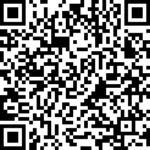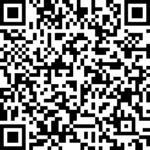You know that moment when you finish work on a Friday afternoon and suddenly realize you have absolutely nothing planned? Maybe you’re standing in your kitchen, staring at the fridge, and that little voice in your head starts whispering, “A glass of wine sounds perfect right about now.” Before you know it, one glass turns into three, and your weekend has officially begun in a way you didn’t really choose.
Sound familiar? You’re definitely not alone in this.
Here’s the thing about free time: when we don’t fill it intentionally, our brains have this sneaky habit of filling it automatically. And for many of us, that automatic choice often involves alcohol, not because we’re making a conscious decision, but because it’s simply the easiest option available.
What if we flipped this script entirely? What if your free time became a sacred space for choices that actually align with who you want to be?
Why Empty Time Becomes Drinking Time
Here’s the thing our brains do that’s kind of annoying: when we don’t have a plan, they make one for us. And usually, that plan is whatever’s easiest and closest. Alcohol is literally sitting right there in your kitchen, it works fast, and it doesn’t require you to think or plan or put on real pants.
Your brain is basically that friend who always suggests takeout because cooking feels like too much work.
But here’s what neuroscience tells us about habits: they thrive in empty spaces. When your brain doesn’t have a clear plan, it defaults to whatever pattern feels most familiar. That evening drink isn’t necessarily what you want; it’s just what your unconscious mind has learned to do when faced with unstructured time.
The beautiful thing about this understanding is that it puts the power back in your hands. You’re not lacking willpower, you just need better options.
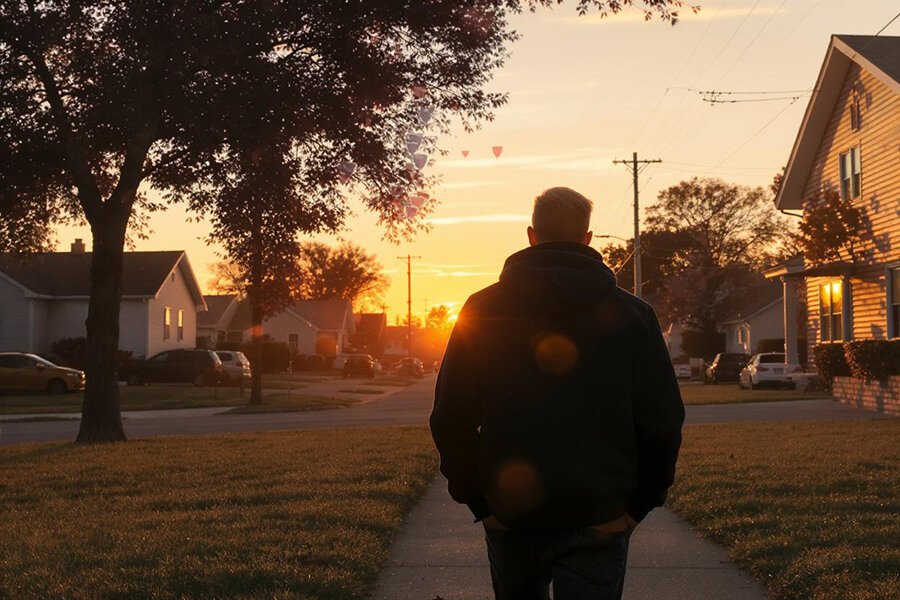

The Magic of Conscious Scheduling
I’m not saying you need to schedule every minute like some productivity robot. That sounds exhausting. I’m talking about treating your free time like it’s actually important – because it is.
Think about it: you wouldn’t wing a work presentation, right? But we stumble into our evenings with zero plan and then wonder why we end up making choices that don’t feel great later.
When you consciously schedule your free time, you’re essentially giving your brain better options. Instead of defaulting to that glass of wine, you’ve already decided you’re going to try that new recipe, call your sister, or take a sunset walk around the neighborhood.
What Conscious Fun Actually Looks Like
Maybe you used to love reading, but now you’re always like, “I never have time.” What if you just said, “Sunday mornings are for books and really good coffee,” and treated it like an appointment with yourself? Or maybe you miss being creative. Could you block out Wednesday nights for whatever makes you feel alive – sketching, writing, playing guitar badly, whatever?
If you’re trying to figure out what your brain actually needs in those idle moments (spoiler: it’s usually not alcohol), apps like Unconscious Moderation have these journaling prompts that help you dig into what’s really going on. Sometimes we think we want a drink when we actually need movement, connection, or just a few minutes of quiet reflection.
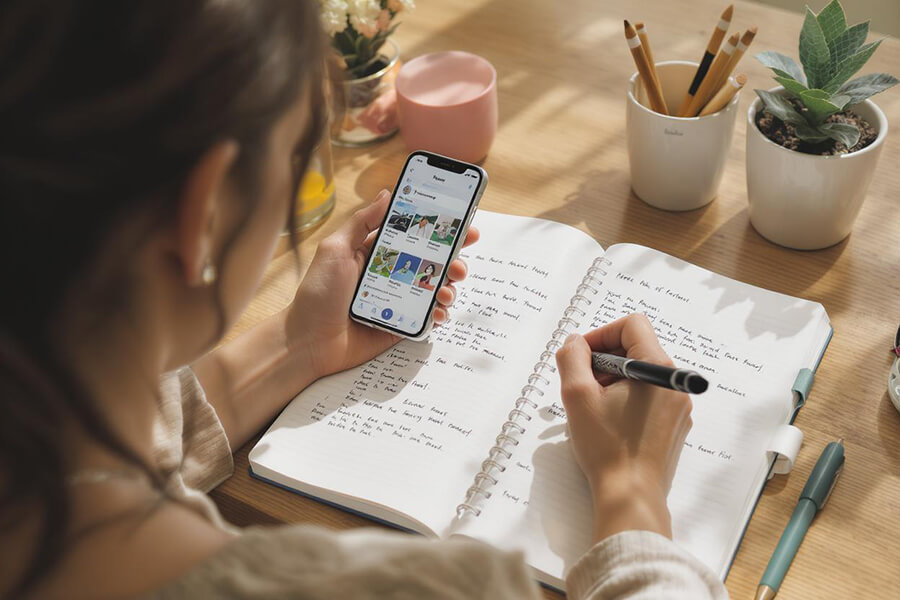
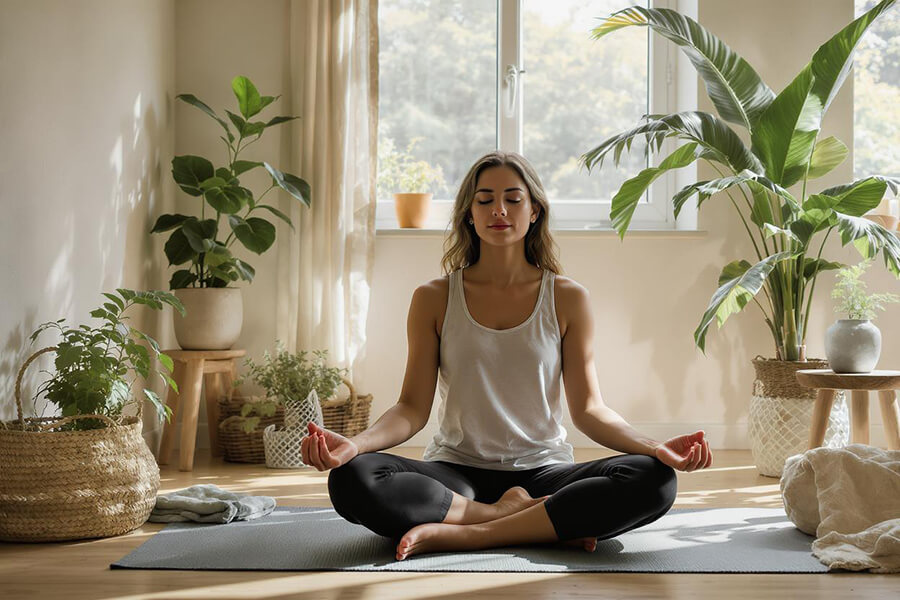
Your Time, Your Choice
Here’s the beautiful truth: your free time is actually your most precious resource. It’s where you get to remember who you are outside of all your responsibilities and roles. When you fill that time with stuff that actually matters to you, something weird happens. You stop needing alcohol to make your time feel worth it, because your time already is worth it.
Your free time isn’t just empty space waiting to be filled. It’s an opportunity to create the life you actually want to be living. And that starts with remembering that every moment, even the quiet ones, deserves your conscious attention.
